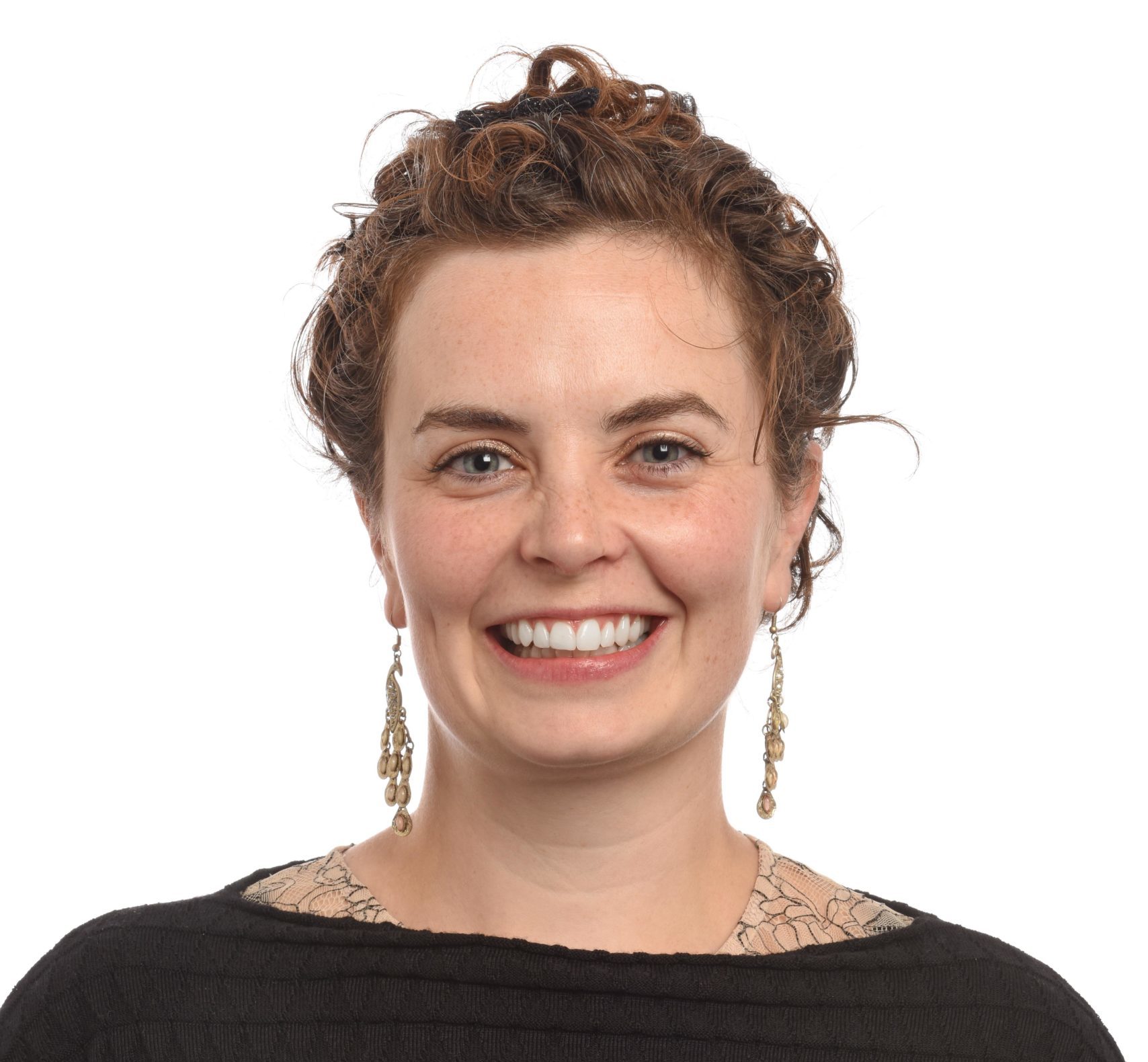In a team meeting recently, we were trouble shooting how to tackle working better together. I was surprised, and disappointed, when the first suggestion was that the reason we were facing challenges wasn’t anything to do with fear of conflict, lack of trust, inattention to results or any of the other dysfunctions of a team…it was “because we’re all women…”
My inspiring and successful friend felt disillusioned and dejected after she was told in a one to one meeting with her manager that she wasn’t “aggressive enough to progress in her career”.
As a medical registrar, I was told I’d get more done if I used more expletives.
In a work meeting during a conflict, I was told “Phoar, you are attractive when you’re angry!”
These are just a few examples of #everydaysexism and individuals all over the world every day face jibes, criticisms and conflicts. This is what shapes us. As a victim of discrimination, though, it is hard to stand up for oneself. This is why we need allies.
A theme of International Women’s Day is to #liftasyouclimb, #allyship, strong women don’t just stand up for themselves, they stand up for others. It is time to make sure we are intentional, considered, careful, and empowering in our choice of words so we can move towards what often feels like elusive equality and equity. We all need to be allies. Even women.
The language we use reflects our thoughts and our leadership style. Through language we can inspire, encourage, and empower others. Language is a persuasive and powerful tool, one we all possess and must use carefully. Words are fleeting but can be scarring. The ancient Greeks classified speakers’ appeal in terms of ethos, pathos and logos. Ethos – the credibility of the speaker, pathos – the appeal to the audience’s emotions, and logos – the logical appeal of the speech, are all essential components of the power of language. So, we should now take responsibility to use language carefully and to use the power of our own credibility, passion and reasoning. Perhaps we could say:
- “strong” instead of feisty
- “articulate” instead of moany
- “conscientious” instead of nagging
- “confident” instead of high maintenance
- “compassionate” instead of hormonal
- “inclusive” instead of soft
- “empathetic” instead of over-sensitive
- “grounded” instead of cold
Language and words drive feelings and behaviours. The words we use influence others but our internal language focuses how we see ourselves, how we see the outside world, how we see and influence others. Through careful language we can be role models and mentors. We can mould new behaviours, drive new norms.
Much as we need to choose our words carefully, we must also challenge meanings and concepts. Jacinda Ardern asserts empathy does not mean weakness. She refuses to believe that you cannot be both compassionate and strong. Rageshri Dhairyawan challenges the notion of imposter phenomenon – instead of suffering from internal feelings of inadequacy or lack of confidence, she argued it could be an external phenomenon – a ‘credibility deficit’ fed back to women (and others) from all around. In challenging accepted concepts and social norms we can try to break away from defining characteristics as gender based. Yet we need more women leaders, mentors, and voices to learn and understand more about the female perspective. Understanding female experiences, and barriers and enablers faced by women leaders allows us to move towards more gender balance.
Inequality and inequity in medicine have been consistent and persistent over decades but there is hope. Shannon Ruzycki and colleagues outline how evidence-based theoretical frameworks such as the Health Belief Model can tackle gender-based disparities. Sexism and misogyny can be addressed in a similar way to other persistent and stigmatized behaviours such as smoking.
We know that COVID has had a terrible and unfair impact on different people all around the world. COVID has a devastating effect on women and girls and will contribute to the worsening of gender-poverty gaps. The invisible labour involved in managing a household is typically undertaken by women and is unrewarded and damages education opportunities. We need to all work together for a gender-responsive recovery and to highlight role model women leaders who are noted for the most effective and inclusive COVID responses from the highest levels of decision making to frontline service delivery.
I recently read a great book, Last One at the Party. I haven’t read as much as I would have liked in the last year, but I couldn’t put this one down. What was so striking about it was the raw female voice and point of view. I hesitated before recommending it to male friends. Engrained biases in me told me it was #girly and perhaps inaccessible to men. I had to consciously chide myself for this biased and nervously, old fashioned view. My male friends loved the book.
So this International Women’s Day I’m pledging to be careful, considered and calm while I challenge norms and empower others. Here’s to #EverydayCourage. What are you going to do?

Dr Aoife Molloy
Dr Aoife Molloy is Clinical lead of the Evidence Based Interventions Programme at NHS England and NHS Improvement. She is a PhD researcher in patient safety at transitions of care at the Patient Safety Translational Research Centre, Imperial College and she is an infectious diseases and acute medic at the Royal Free London. She is currently associate editor and social media lead at BMJ Leader and a fellow at NICE.
Declaration of interests
I have read and understood the BMJ Group policy on declaration of interests and declare the following interests: none.